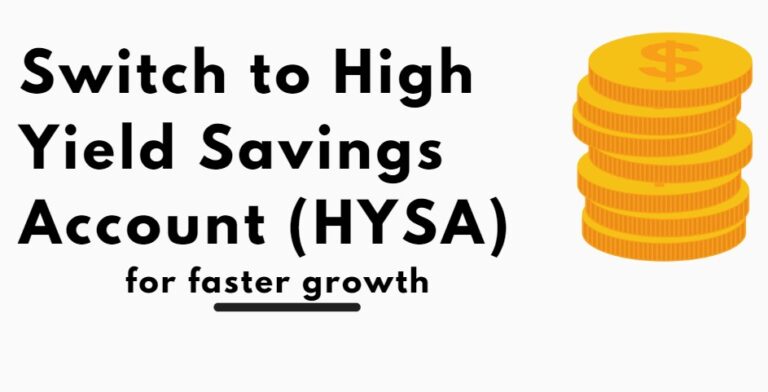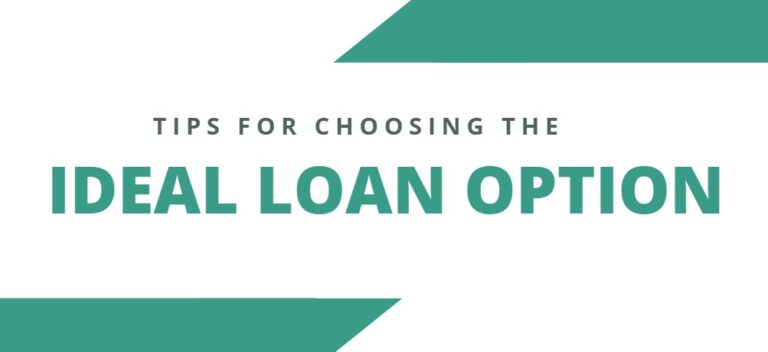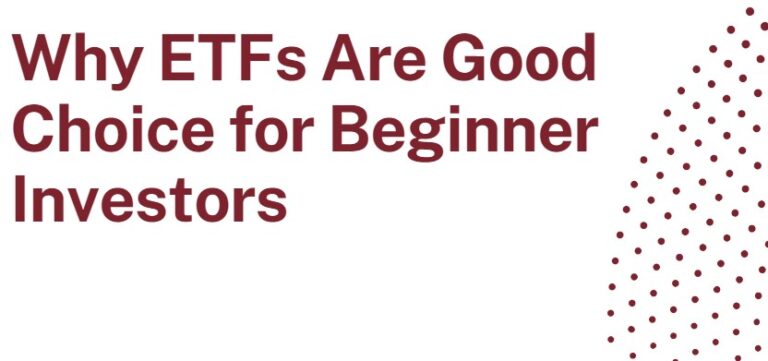Table of Contents
The selection of suitable stock brokers is one critical decision in the journey of any trader or investor. However, there is no crystal clear answer to this question “who is the Best Stock Broker?” as this is a very subjective question and the decision should be based on various factors depending upon the trader’s capital, frequency of trading, whether he is a long trader or short trader, etc. In this article we take every aspect in detail however before comparing various brokers we must understand certain criteria for stock broker selection.?
Paper trading is concept of trading any underlying instrument like equity, index, future, option etc. virtually with actually deploying money. Trading terminal just mimics the actual trading experience for learners. This concept is used by newcomers to understand and test market in live situation without actually getting any exposure to risk involved.
Day trading is all about placing the buy/sell order and squaring off the position same day. In this trading ,stock are actually not transferred to user account rather trading broker facilitate it acting as buffer between exchange and trader. Intraday trading can be done by just paying margin money.
While swing trading involves taking the delivery of stock into the trader’s account. Thus cannot be done on margin money rather full payment is done. There is no restriction of squaring off. Usually swing traders hold the instrument until momentum persists and exit the position in few days.
On the other hand investing is completely different concept of wealth creation which involves taking deliveries and holding them for years.
Overnight trading involves dealing with stocks, commodities, index or derivatives after market hour. Broker in U.S can extend their after hour trading session until the opening of the next trading day.
Easy to borrow stocks are highly stocks that are readily available thus easy to short sell. These stocks usually have lower transaction cost.
While hard to borrow stocks are less liquid in nature thus short selling is not that quick and easy as broker have to ultimately maintain the pool by by buying from the exchange.
According to FINRA rules if trader executes four or more day trades within five consecutive day he will be considered Pattern day trader. There are certain requirements for pattern day traders:
1. Pattern day trader must maintain minimum of 25000$ in their margin account which could be a combination of cash and eligible securities.
2.Pattern day trader cannot exceed day trading buying power which is four times the maintenance margin excess as of the close of business of the previous day.
Discount brokers have very limited fees and transaction charges. All the trading is to be done by traders without any assistance.
On the other hand full service brokers provide guidance and advisory services along with providing trading platform thus charging extra premium for that.
Top 5 stock brokers to consider in 2023 in USA:
InteractiveBrokers
Top of the list in Best stock broker in USA is InteractiveBrokers which has won Barron’s best online broker 2023 award and rated “A – Outlook Stable” by Standard & Poor’s. They use a powerful technology suite to boost speed and efficiency providing global access to stocks, options, futures, forex, bonds, and ETFs. Notable features include 4.58% interest on available cash and lower commissions with no ticket charges and platform fees. Broker has a global presence in over 200 countries. Commissions for the U.S. markets are :
| TIERED | FIXED | |
| Stock/ETFs | 0$ per share | 0$ per share |
| Spot currencies | 0.08-.2 basis point*trade value per order | NA |
| Mutual Funds | 3% of trade value up to 14.95$ per transaction and 0$ on NO transaction FEES Funds | NA |
| Futures | 0.25-0.85$ per contract | 0.85$ per contract |
| Bonds | 0.08-.2 basis point*trade value per order | NA |
| Options | 0.15 to 0.65$ per contract | 0.65$ per contract |
Fidelity Active Trader Pro
For day traders who are mostly looking for long opportunities, this broker can be a good choice as it provides low-commission trade execution with good customer support and a customizable trading platform. Their response on the telephone line is also good. However, the interface needs little improvement as it appears outdated.
| Instrument | Charges |
| Stocks(U.S Equity) | 0$ |
| Options | 0.65$ per contract + regulatory Fees of 0.02$-0.04$ |
| ETFs | 0$ |
| Bonds and CDs | |
| (I) New issues | 0$ |
| (ii) Secondary issues | 1$ per bond |
| (iii)U.S. Treasury Auctions and Secondary issues | 0 $ |
| (iv)U.S. Treasury Auctions and Secondary issues | 19.95$ Flat |
| Mutual Funds | |
| (I) Fidelity Funds | 0$ |
| (ii)No Transaction fee non-Fidelity Funds | 0$ purchase and 49.95$ if redemption is less than 60 days |
| (iii)Transaction fee non-Fidelity Funds | 49.95$ per purchase |
E-trade
This trading platform is offered by Morgan Stanley to provide a wide range of investment and trading choices in stocks, mutual funds, options, and ETFs Detailed commissions are as follows:
| INSTRUMENT | LESS THAN 30 TRADES | Exercise |
| U.S. listed stocks | 0$ | 0$ |
| Option contract fees | 0.65$ | 0.5$ |
| Exercise | 0$ | 0$ |
| ETFs | 0$ | 0$ |
| Bonds | 0$ | 0$ |
| (i)U.S. Treasury Auction | 0$ | 0$ |
| (ii)U.S. Treasury secondary trades | 1$ per bond (minimum 10$ maximum 250$) | NA |
| (iii)Online secondary trades | 1$ per bond (minimum 10$ maximum 250$) | NA |
| (iv)Broker assisted trades | Online secondary pricing + 20$ commission | NA |
| (v)New Issues | Offering price | NA |
| Futures | 1.5$ per contract per side plus fees | NA |
| Cryptocurrency futures | 2.5$ per contract per side plus fees | Online secondary pricing + 20$ commission |
| Mutual funds | 0$ | NA |
| Index Option Fees | ||
| (i)SPX(S&P 500 index) | 0.51$ | NA |
| (ii)RUT(Russell 2000 index) | 0.18$ | NA |
| (iii)VIX(CBOE volatility index) | 0.32$ | NA |
| (iv)Cryptocurrency futures | 0.40$ | NA |
| (v)XEO(S&P 100 index EU style) | (iv) Broker-assisted trades | NA |
| (vi)DJX (Dow Jones Industrial Average index) | DJX (Dow Jones Industrial Average index) | NA |
Charles Schwab
This trading platform is recommended for options trading as it offers traded execution without any base commission. The cost of trading is only 0.65$ per contract. The terminal also provides inbuild tools to access risk reward ratio, price action, volatility, etc. There is also the availability of a Trade and Profitability calculator. There are regular market updates, commentaries, and insights by experts.
Robinhood
Known for simple design and zero commission Robinhood is one of the biggest players with 12 million active users. It offers a very simple and intuitive trading experience with a cash management system and recurrent investment functionality. There is also a facility to purchase fractional shares worth as low as 1$.
Important feature
-
- Users can go long only. Short selling is not allowed.
-
- Trading can be done in cryptocurrencies with the availability of almost all popular coins.
-
- The traders can buy a fractional share stock or ETFs under the condition that the underlying must be over 1$ and the market capitalization must be above 25$ million.
-
- Trading in futures, forex, options, and mutual funds is not provided.
-
- Users can also lend out fully paid stocks.
-
- Single and multi-leg options are there.
-
- All equity is free of cost.
-
- 1000$ free margin and borrowing at 7.75% for premium members for a subscription cost of 5$ per month.
-
- The account transfer fee is 100$.
-
- No account opening, maintenance, or inactivity fees.
ALSO READ:










